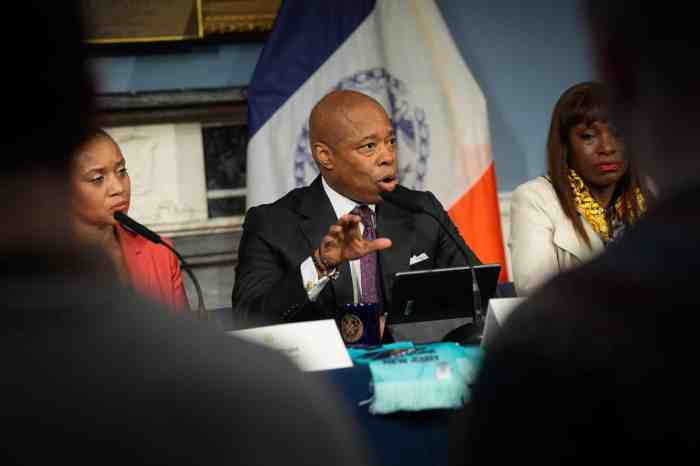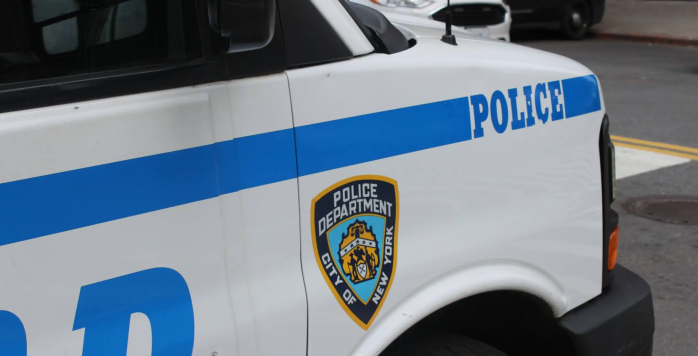For the first time, New Yorkers have specific data on educational mobility to back up what they’ve known intuitively — that black and Hispanic children in NYC are largely confined to a separate and unequal set of schools.
A recent study on educational mobility by Families for Excellent Schools showed a deep racial divide in opportunity in NYC public schools. As students move through elementary, middle and high schools, they travel along two pathways of high-quality schools and low-performing ones.
Of the 116,000 students who attend the city’s 141 top-performing schools, the vast majority are white or Asian, and the poverty rate is only about half the city average.
But in the city’s 850 low-performing schools, which enroll 478,000 students, 90 percent are black or Hispanic.
The study finds that these two pathways so rarely intersect in NYC that they operate as two different school systems. Once a student steps inside a failing elementary school, he or she is effectively stuck there. Students in the failing schools were able to graduate to a good middle school only 1.6 percent of the time.
The middle-to-high school transition was hardly any better. Students in low-performing middle schools were able to escape and graduate to strong high schools only 3.3 percent of the time.
The grim statistics paint a picture of a city where a child’s race and ZIP code could define his or her future. White and Asian students are at least six times more likely to begin school in the pathway of successful schools. But black and Hispanic children are far more likely to be steered to low-performing elementary schools, confined to a separate school system that limits their opportunities.
NYC’s low-performing schools are not a small subset that can be ignored. The 478,000 students in the pathway of failing schools outnumber the students in Boston, Washington, D.C., and Miami districts combined.
Mayor Bill de Blasio, who unveiled an education plan yesterday, is fond of saying that “education determines economic destiny more today than at any previous point in human history.”
Actions speak louder than words, and the candidate who campaigned on ending New York’s “tale of two cities” must do more to end its tale of two school systems.
Yvonne Guillen is parent organizer for Families for Excellent Schools, an advocacy group that supports charter schools.

















